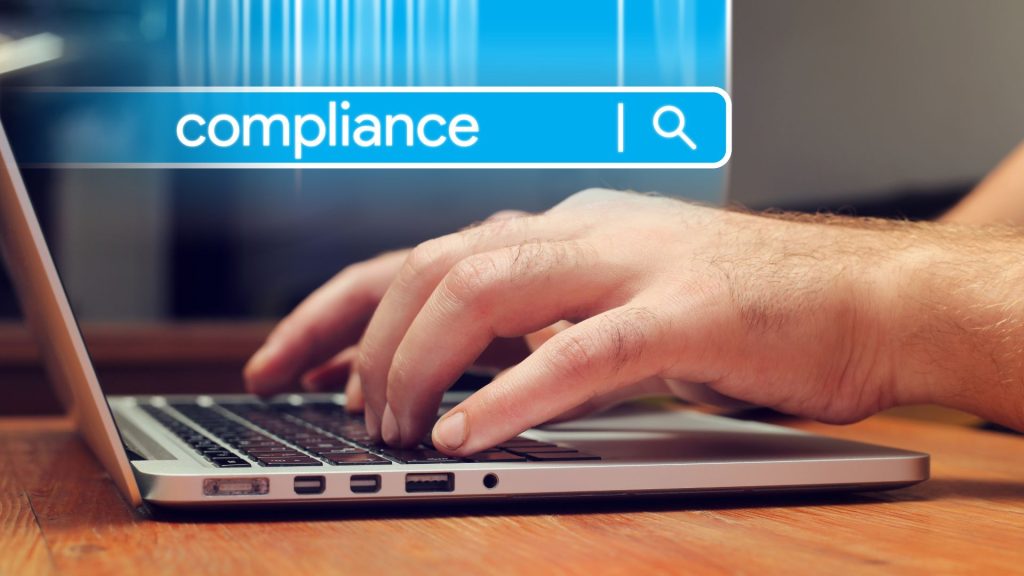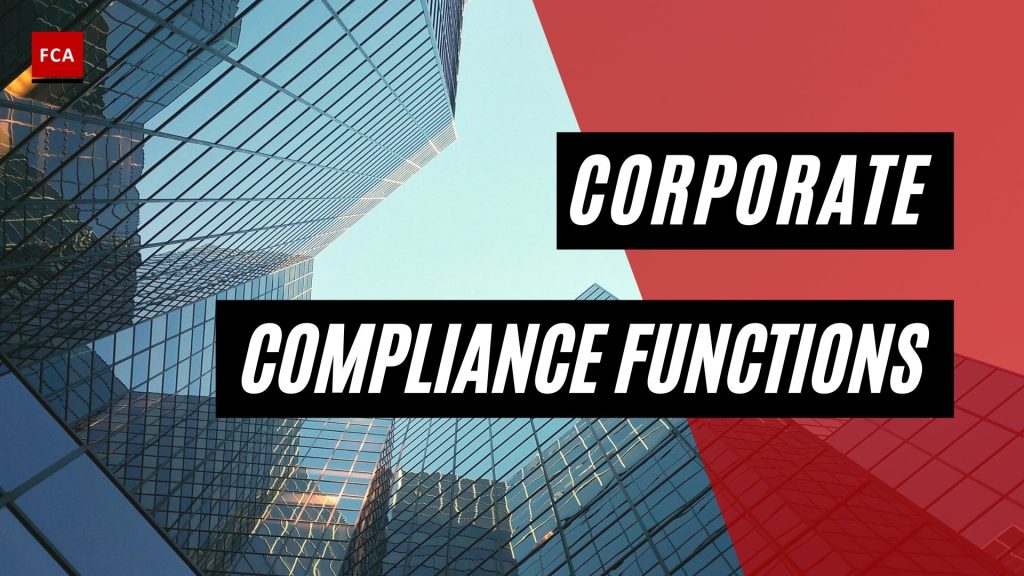Corporate compliance functions, regardless of industry, should be an essential part of your business operations. But before delving into the knowledge and skills required for compliance officers to do their jobs properly, as well as the responsibilities they have within an organization, we will provide a brief historical overview of the evolution of the compliance function. The concept of compliance refers to the observance of valid rules, laws, and standards or the process within which this is achieved.
The corporate compliance functions started to emerge during the 1990s of the 20th century as a response to big scandals that shook the USA. For example, the scandal of the procurement of a 400 U.S. dollar hammer and 600 U.S. dollar toilet seats by the Department of Defense in the 1980s.
The U.S. Sentencing Commission established the first Federal Sentencing Guidelines for Organizations in 1991. It introduced the possibility of lenient punishment for organizations with “efficient” Compliance and Ethics Programs when the offense was committed. It is in response to an increasing number of corporate scandals, and that punishment for organizations is inconsistent where there are different punishments for the same offenses. These events created room or positions, such as compliance officers, for people whose job was to develop and implement compliance programs in organizations.
With the burgeoning corporate scandals around the world in the early 2000s, such as Enron, Siemens, Avon, Volkswagen, and so on, the compliance profession grew in importance.

Activities Compliance Functions
The compliance function is an organization that ensures that applicable laws, rules, regulations, standards, and other related requirements are timely identified, understood, and disseminated to the management for compliance.
The compliance function works as an advisor to the business and operations units to ensure that they correctly understand and apply the principles of regulatory requirements. The compliance function prevents the occurrence of big financial losses due to regulatory non-compliances and also damages reputation.
In a nutshell, the compliance function creates policies, processes, and programs that effectively:
- Prevent
- Detect
- Remove or Resolve “unwanted events”
The corporate compliance function ensures the compliance program, all applicable regulations, and standards compliance. The compliance function monitors the transactions and activities of the customers to ensure that suspicious transactions are identified and reported to the regulatory authorities as per AML/CFT regulatory requirements.
The compliance function enables the employees to perform their day-to-day activities in compliance with applicable laws and regulations.

Final Thoughts
Compliance is defined as “the action of complying with a command” or “the state of meeting rules or standards.” In the corporate world, it is defined as the process of ensuring that your company and employees follow all applicable laws, regulations, standards, and ethical practices.
Internal policies and procedures, as well as federal and state laws, are all covered by corporate compliance. Enforcing compliance assists your company in preventing and detecting rule violations, which protects your organization from fines and lawsuits. The process of compliance should be ongoing. Many organizations establish a program to govern their compliance policies in a consistent and accurate manner over time.








